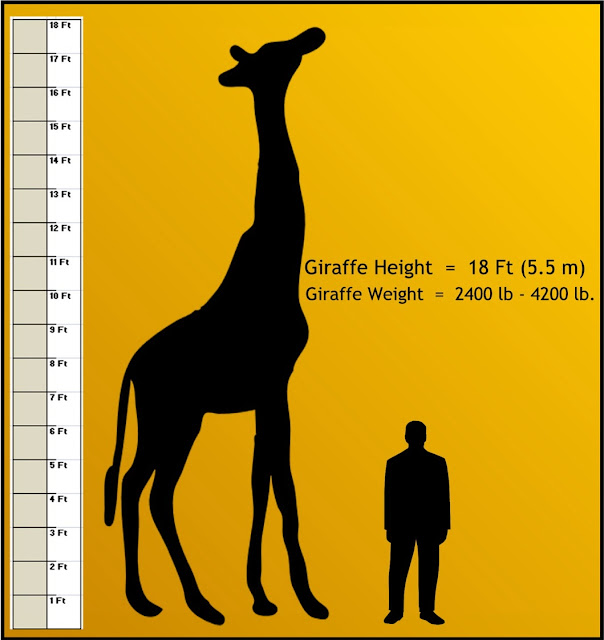7 weird ways you're increasing your risk of heart disease.
1. You drink 2 diet sodas a day.
Scientists recently found that healthy post menopausal women who had 2 or more diet drinks daily were 30% more likely to suffer a cardiovascular event and 50% more likely to die from related disease. More research is needed to determine the exact connection, but it should be enough to discourage you from swigging the stuff. Substitute naturally flavoured carbonated water
2. You live below the Mason-Dixon line.
More deaths from heart attacks occurred in the South over a recent 10-year period than anywhere else in the US, researchers determined. This is because diabetes, obesity, high blood pressure, high cholesterol, and smoking are more prevalent there. If you’re a Southerner, be extra vigilant about the challenges in lifestyle and cuisine that prompt these conditions. Or you can always move out west, where the incidence of heart attack is lowest.
3. You don't give Daylight Saving Time more than a passing thought.

On the Monday following DST (the day in March we "spring ahead") there's a 24% spike in the number of heart attacks. (This compares to a 21% drop in November after the clocks get turned back.) According to Hitinder Gurm, MD, an interventional cardiologist who conducted the study, this apparently has to do with circadian rhythms. Because heart health is closely tied to the body's rest-wake cycles, the stress of getting up an hour earlier—particularly if you're already sleep-deprived and have significant risk factors for heart disease—can be too much. Take the morning off and sleep in.
4. You have 4 or more kids.
According to the Dallas Heart Study, women with a brood this size are twice as likely to have atherosclerosis, or arterial plaque, than those with fewer kids. This apparently stems from the extra stress the body undergoes during multiple pregnancies, says study author Monika Sanghavi, MD, a cardiologist at the University of Texas Southwestern Medical Center. If lots of little ones call you mom, Sanghavi recommends monitoring blood pressure, cholesterol and other heart-health indicators closely. There's plenty you can do to decrease your risk.
5. You lead a vampire lifestyle.

Too much sun exposure causes premature aging and skin cancer. But not getting enough sun can result in a vitamin-D deficiency that hurts your heart. A recent study found that among patients undergoing coronary angiography, those with the lowest levels of D were 32% more likely to have coronary artery disease. Vitamin D helps regulate the immune system, which includes managing arterial inflammation. It’s uncertain if taking vitamin D supplements reduces risk. Until more studies come in, eat a D-rich diet and exercise outdoors in the early morning or evening when harmful UV rays are less prevalent.
6. You live alone.
An 8-year University of Oxford study of 700,000+ women found that those who lived with a partner were 28% less likely to die from ischemic heart disease than those who lived alone. Part of this, no doubt, results from someone being around to call 911 if a heart attack occurs, but loneliness can also lead to depression, which is a major risk factor. Don’t want a live-in? Having a pet is heart protective.
7. Your boss is an SOB.
If your supervisor is manipulative, unappreciative, negative (okay we’ll stop there), a Swedish study found that you may be 40% more likely to have a heart attack. And the longer you sacrifice your happiness for the sake of pleasing an overly demanding boss, the more toxic the effect.
Beyoncé holds the record for the fastest-selling iTunes album.
Her secret album sold 828,773 copies worldwide in the first three days it was available.
Accidentally text the wrong person? Immediately put your phone on airplane mode and once it fails to deliver, delete the message!
Can work but you gotta be quick or take battery out and remove sim.
Since dinosaurs were the ancient ancestors of the colorful birds of today, dinos probably came in many bright colors—including pink.
Yes it is slightly possible to have a crazy coloured dinosaur. Image a polkadot Trex - see here
Subscribe to:
Comments (Atom)









